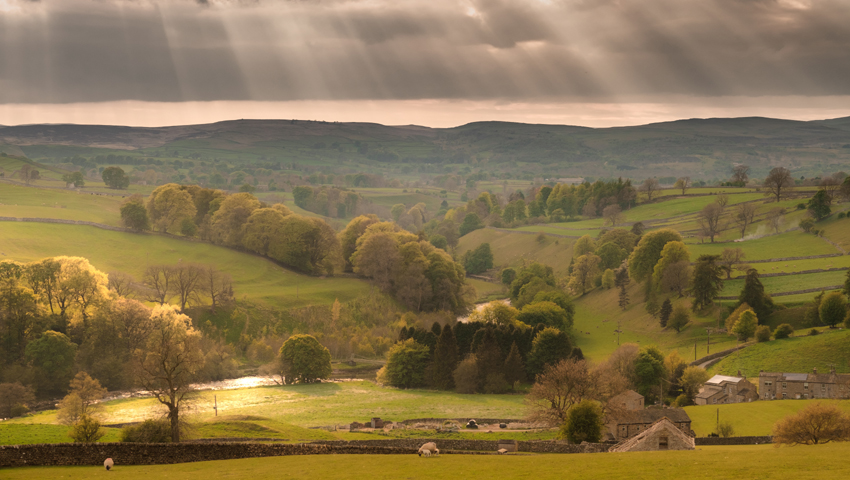A Rothamsted research project is to benefit from a £220,000 UKRI fund to help the UK meet its Net Zero commitments in the agri-food sector. The scoping study, entitled What happens on the farm, does not stay on the farm, will investigate new models of collective insurance for farmers trying innovative climate-smart practices across a water catchment. The study team will consult with farmers and insurance companies to understand what might work for them and will attempt to match farmers’ needs with effective climate solutions. This will be carried out in collaboration with Portsmouth Water and Natural England’s Catchment Sensitive Farming initiative.
Dr Zainab Oyetunde-Usman, who will lead the study, said, “Agriculture accounts for 69% of the UK’s nitrous oxide emissions and 48% of those for methane – so we need to look seriously at addressing these if we are to achieve the UK’s 2050 net zero target.
“However, farms are diverse, complex systems, so experimentation is needed to establish which combination of practices works best on each farm. Farms are also open systems, and some experiments will require multiple neighbouring farms to work together to get the maximum benefit.”
The study is among sixteen innovative projects that have received funding from the UKRI Agri-food for Net Zero Network+ (AFN Network+); a three-year, £5m initiative set up in 2022. Its aim is to bring together UK researchers, industry leaders, government bodies and members of the public to explore effective ways to support industry in reducing greenhouse gas emissions and improving environmental sustainability.
A Rothamsted spokesperson said, “The UK’s agri-food industry produces around a quarter of the UK’s greenhouse gas emissions. This will have to be addressed if the country is to meet its net zero goals by 2050. The projects, which were awarded either £10k over 12 months or £50k over two years, bring together multidisciplinary teams, with academics working alongside food system stakeholders.”
